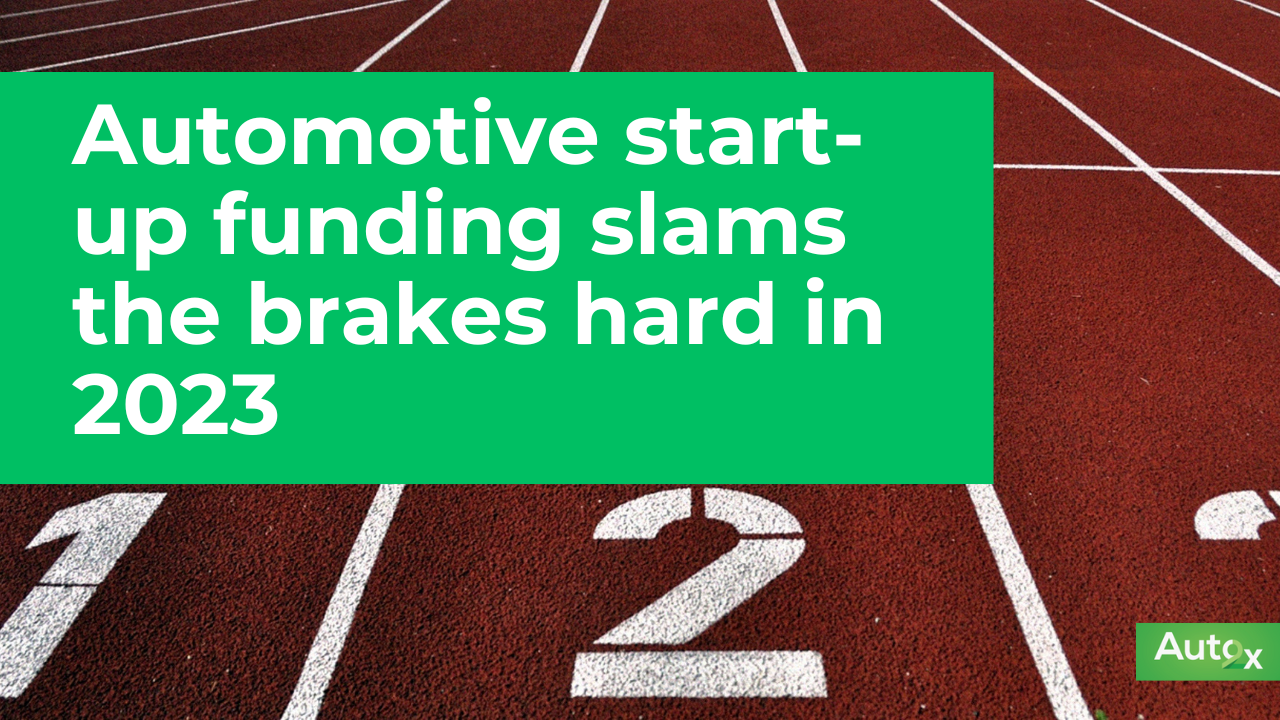Tag: California electric vehicle stations
-
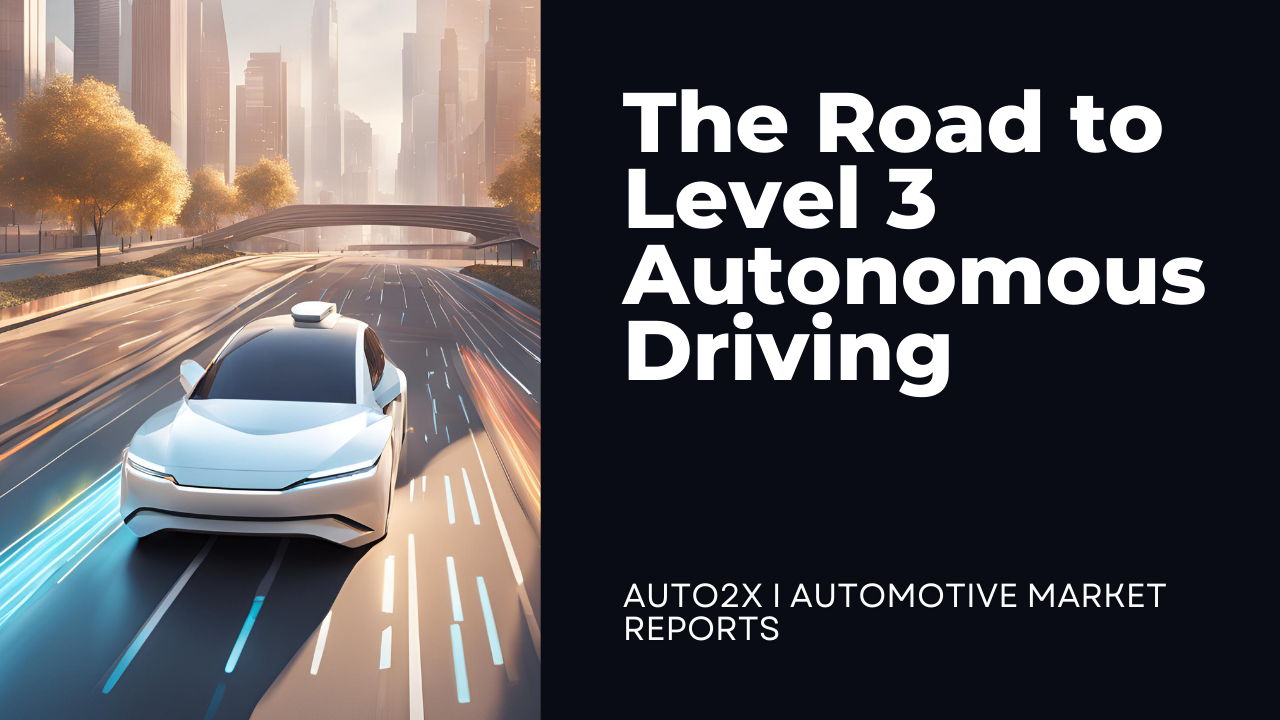
The transition to Level 3 autonomous driving is becoming more tangible as significant regulatory advancements are made globally. After nearly three years of deliberations, the United Nations Economic Commission for Europe (UNECE) has updated Regulation No. 79, which governs steering equipment. This amendment, alongside introducing the Automated Lane Keeping System (ALKS)-R157 allows Level 3 systems…
-
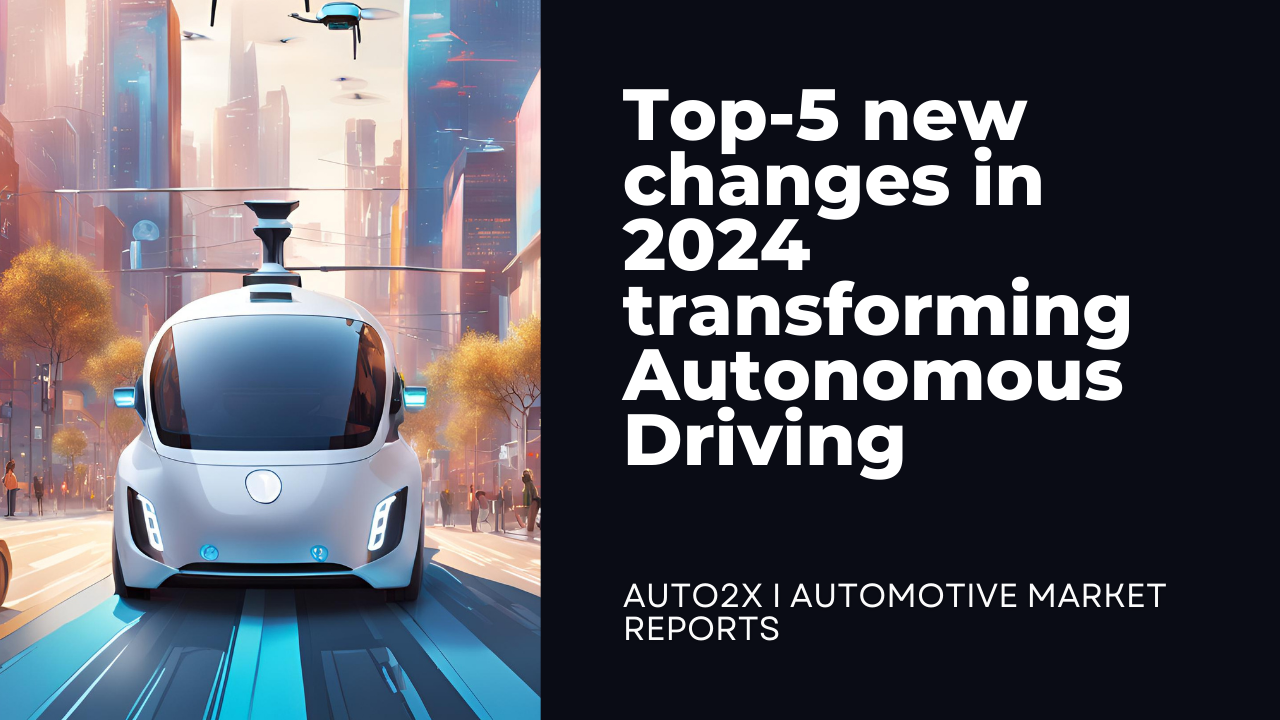
The landscape of autonomous driving continues to evolve rapidly, driven by advancements in technology, regulation, and market dynamics. In 2024, several key changes are reshaping the industry, bringing us closer to fully autonomous vehicles. Here are the top five transformations to watch in autonomous driving this year: 1. Regulatory Milestones for Level 3 Autonomous Driving 2024…
-

China, home to the world’s biggest automotive sector, is stepping up efforts to embrace transformation The automotive industry is undergoing a major global transformation. The COVID-19 pandemic, directly and indirectly, has impacted the automotive industry, disrupting the traditional automotive supply chain and forcing enterprises to reevaluate their strategies. The external economic shock set off by…
-

Europe is the leading geography in terms of ADAS deployment with Lv.2-Traffic Jam Assist feature penetration accounting for 35.8% of new car sales in 2020, followed by the USA with 16.8% respectively, according to Auto2x. But the amendment of regulations for Lv.3-Conditional Automation has delayed the roadmaps of European and American players in Europe significantly…
-
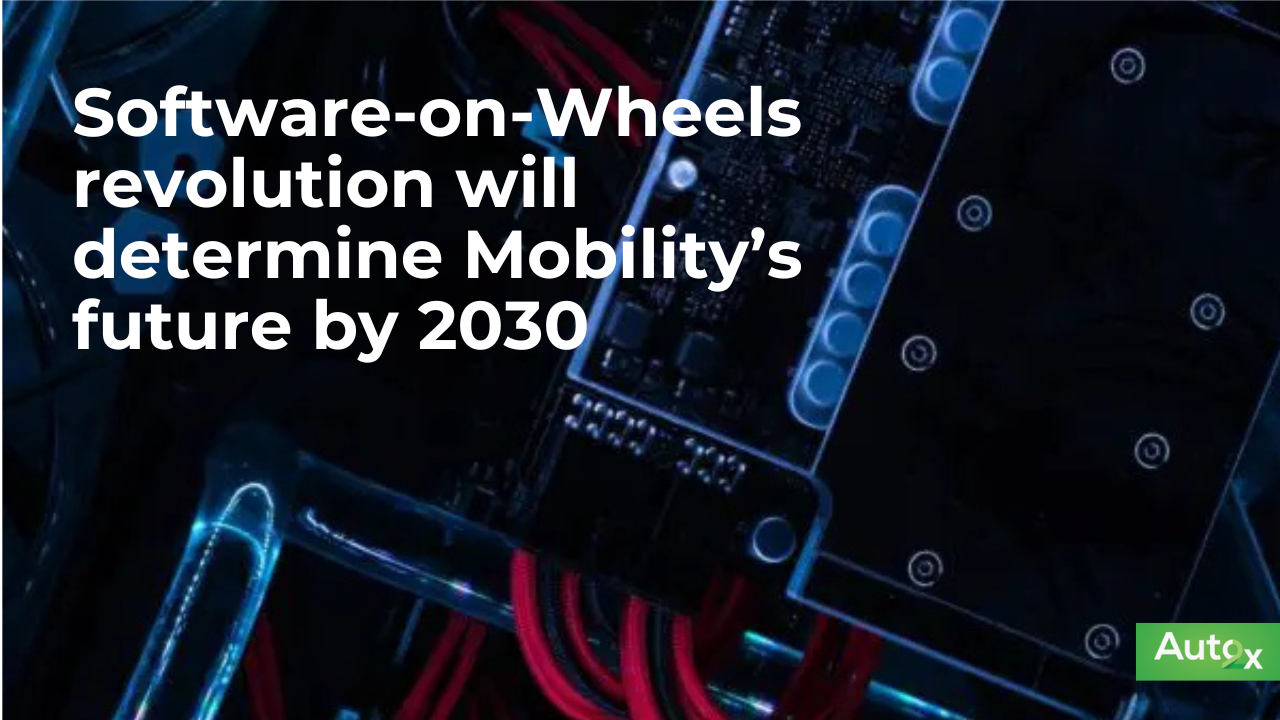
The impact of autonomous driving on software & hardware needs Higher levels of automation require more hardware devices, software development and robust data processing The automotive industry’s megatrends — i.e. electrification, automated driving, smart mobility and connectivity — are rapidly increasing the range and the complexity of functions required in modern vehicles. Therefore, carmakers and…
-

Sunday Breakfast with Auto2x #2 This analysis is part of our newsletter “Sunday breakfast with Auto2x” where we bring you 5 bite-sized themes shaping the future of automotive. This week’s 5 themes shaping Automotive and Mobility The Juice 🍊 EntrepreneurshipHow software solutions can unlock another +$70 Billion in Connected Car Services and EVs by 2030 The…
-
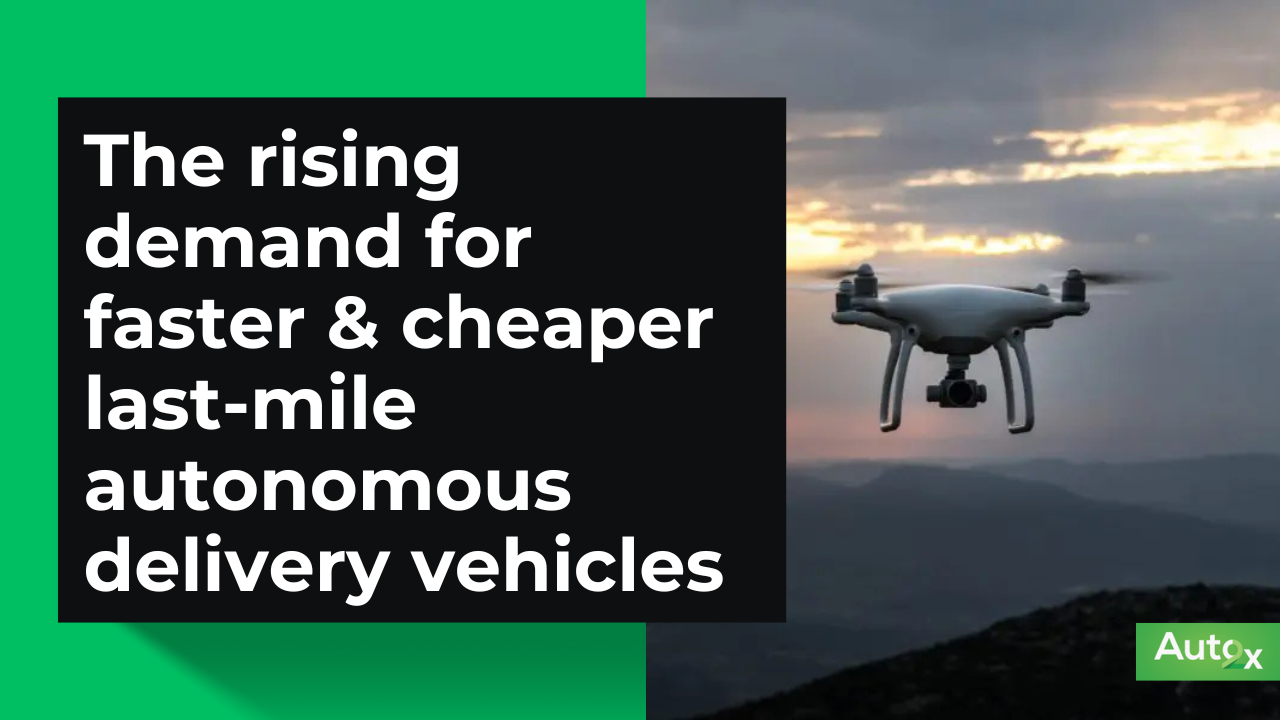
Auto2x expects the demand for autonomous delivery vehicles for last-mile delivery to grow significantly by 2030. Last-mile delivery, in other words, the route between the distribution centre and end-customer, has increased considerably in the last decades. The World Economic Forum identifies five key technological and commercial drivers of growth. By 2025, cities are likely to…
Latest Posts
- Autonomous Driving Roadmaps Newsletter

- The Road to Level 3 Autonomous Driving: New UNECE Regulations and Industry Progress
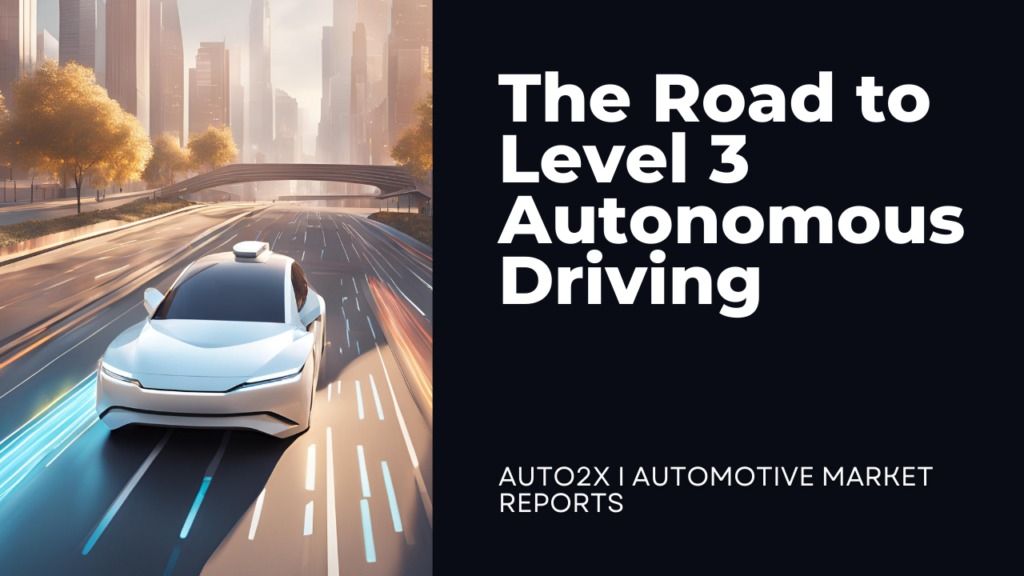
- Top 14 Automotive Industry Trends: November 2024 Update.

- Real-time, Automated Intelligence to Empower Innovation & New Product Development

- Top 5 Changes in 2024 Transforming Autonomous Driving
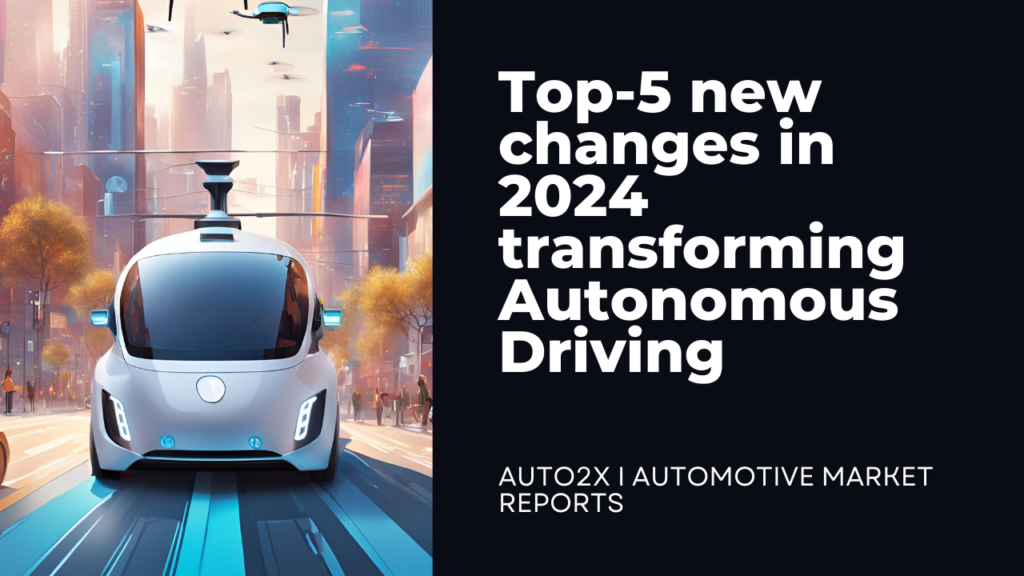
Categories
- AI
- Automotive
- Autonomous Driving
- Circular Mobility
- Electrification
- Innovation
- Mobility Services
- WEB3 Mobility
Tags
ADAS Suppliers Automated Intelligence Automotive start-up funding autonomous driving autonomous driving software battery recycling BMW California electric vehicle stations circular circular mobility computing conditional automation driving electric cars Electric Vehicle Charging Electric Vehicle Charging Infrastructure electrification europe EV EV charging EV Charging stations funding General Motors Innovation intelligence Innovation scouting Innoviz Level 3 Level 3 automation Mercedes-Benz New product development profitability Real-time data Real-time intelligence Recogni Regulation roboshuttles SAE Level 4 Series A start-ups Stellantis supervised driving Sustainable Mobility Tesla U.S EV Charging Infrastructure unsupervised driving
